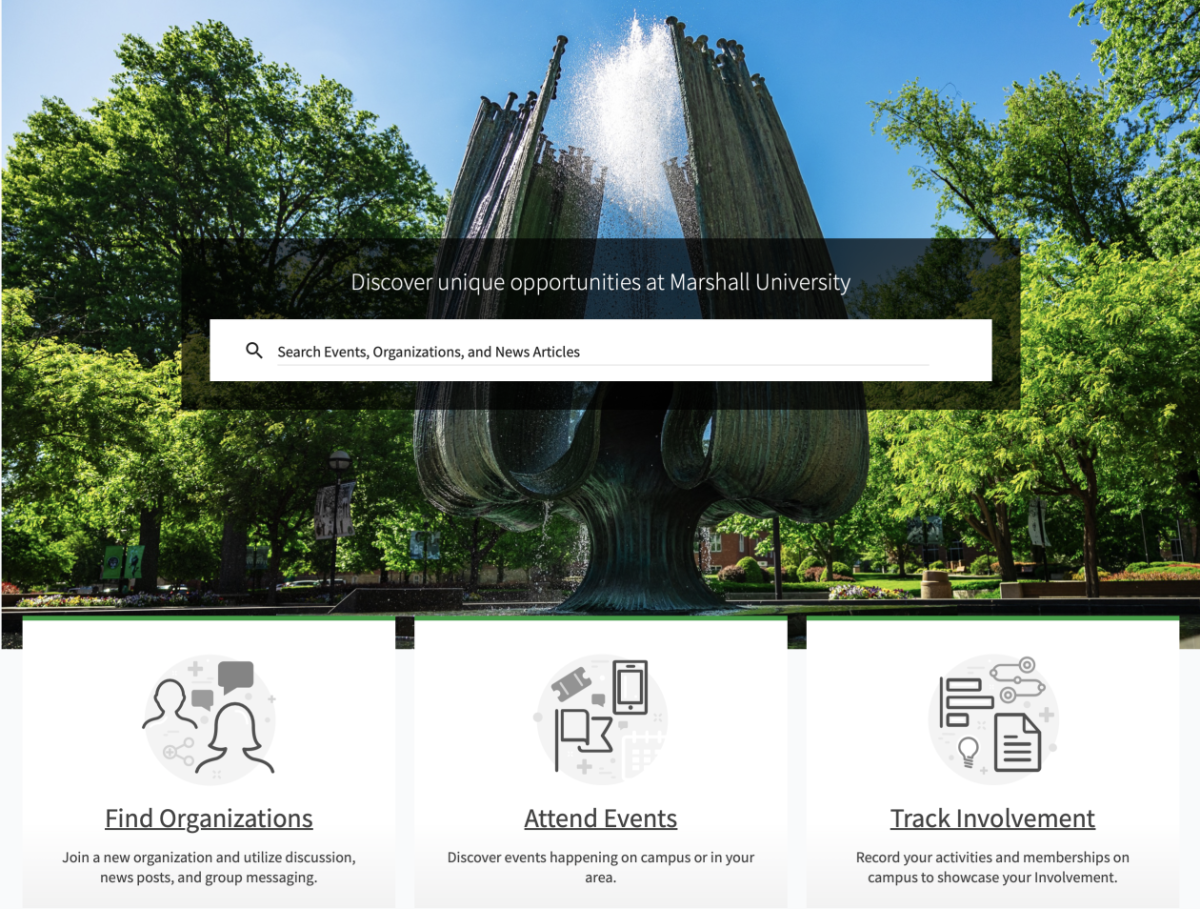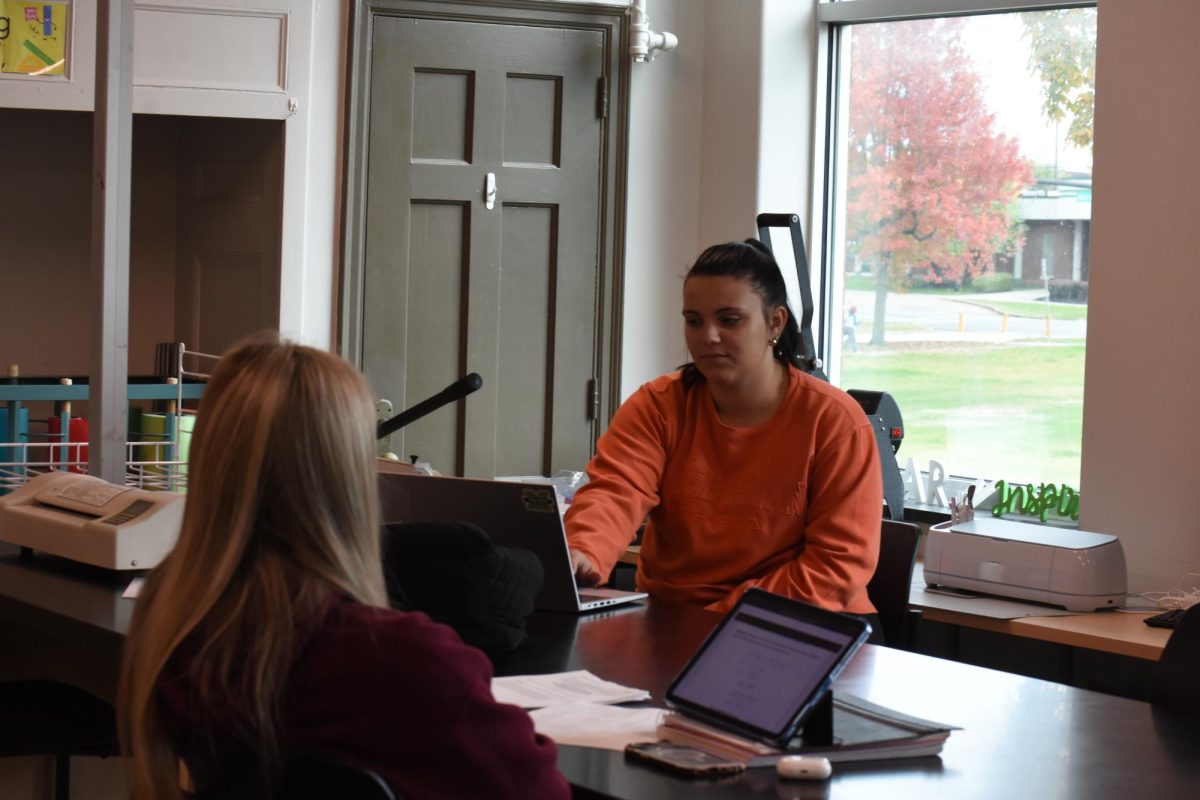Professors educate students, faculty on free speech rights
October 5, 2017
In light of recent events, both on campus and across the nation, Marshall University faculty and students met Wednesday to discuss the parameters of free speech and its place in our nation.
“There are personal boundaries I won’t cross, words I won’t use, gestures I won’t make, actions I won’t do, but those are based on my personal ethics, on my choice,” journalism professor Dan Hollis said. “Can I put my personal choice on other people? Would society be better off? Perhaps. Perhaps not. Sometimes, people feel strongly about the issues and end up making the biggest difference,” said Professor of Journalism Dan Hollis. “Civility and tolerance are important, but so is free speech. I think we have to value both.”
Speakers R. B. Bookwalter, Hollis and Patricia Proctor opened up the forum by introducing themselves and posing their understanding of free speech from legal and ethical standpoints, challenging those in attendance to explore the ideas of freedom of expression and its evolution over time.
“Things that we take for granted now, it wasn’t always a given that people could do that,” Proctor, professor of political science and director of the Simon Perry Center, said. “But the law has evolved to encompass the content of many types of messages. Speech is protected because it is your right to expression.”
The forum focused not only on the hate speech that has been portrayed in the media, but false speech as well, in which members of society spout things that are incorrect but still elicit a following.
Herman Mays, biology professor and participant in the forum, said he does not believe speech should be silenced or censored, but it should be brought to the crowd’s attention that false speech is becoming a serious issue.
“This idea, this environment that we have, that those on top with the largest microphones can spout what they believe is the truth, you end up with all of this nonsense,” Mays said. “It hinders our progress as a society.”
Carla Lapelle, associate dean of Student Affairs and formed the forum, said creating an event such as this allows for students to explore their understanding of Free Speech, and that may not always be what they would like to hear, but they should know how to handle it.
“There’s a part of free speech that allows offense,” Lapelle said. “Not threat, but offense. And I think students don’t like that. So, I think it’s really important that students understand the parameters of free speech -what’s allowed and what’s not allowed- and I hope we learned today, even with what’s allowed, what should we be doing.”
Breanna Francis can be contacted at [email protected].












